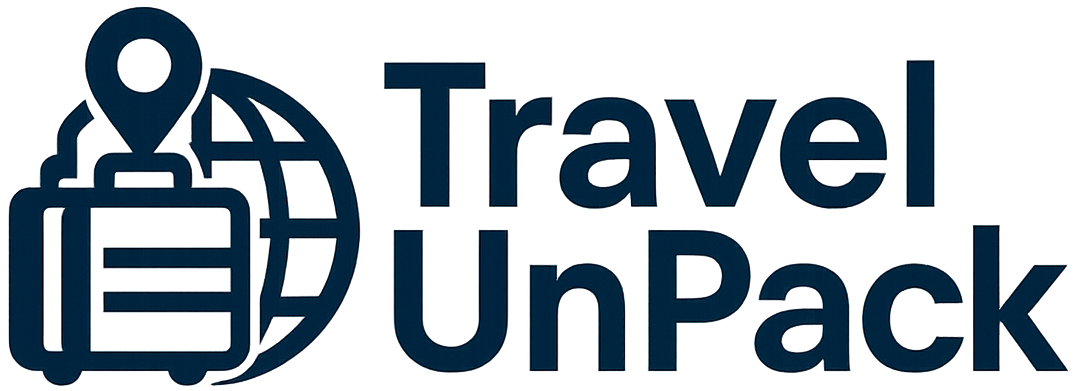How to Create a Personalized Professional Development Plan Aligned with Your Values and Life Goals
Why is a personalized professional development plan essential?
Have you ever stopped to think why some people seem to advance in their careers more easily than others? The answer may lie in the way they plan their growth. A personalized professional development plan is not just a document, but a strategic guide that aligns your skills, values and life goals. It serves as a map to avoid impulsive decisions and keep you focused on what really matters.
Many professionals make the mistake of following predefined paths without considering whether it makes sense for them. Imagine someone who enters a field only because of family pressure, but who doesn't identify with the work. Over time, frustration builds up and performance drops. A well-structured plan avoids this pitfallIt is based on a deep reflection on who you are and where you want to go.
What's more, the job market is constantly changing. New technologies, economic changes and demands for different skills emerge all the time. Without a plan, it's hard to adapt. Have you ever wondered how to prepare for these changes? Professional development in line with your values ensures that you don't just react to changes, but anticipate them.
Finally, a personalized plan increases your motivation. When you know that each step is contributing to a greater goal, it becomes easier to face challenges. Want an example? A professional who values creativity can feel out of place in a bureaucratic environment. If they make a plan to migrate to a more innovative area, every course or network they take will have a clear purpose.
Identifying your personal and professional values
Before drawing up any strategy, it is essential to understand what really matters to you. Values are like internal compasses: they guide your decisions and define what is acceptable or not in your career. Some people prioritize stability, while others seek freedom and autonomy. What is your case?
An effective way of identifying your values is to reflect on moments when you felt fulfilled or, conversely, frustrated. For example, if you loved leading a volunteer project, perhaps collaboration e social impact are important to you. If you've been stressed in a job with aggressive targets, maybe work-life balance is an essential value.
There are tools that can help in this process. The VIA Institute is an interesting option for mapping out your priorities. Another approach is to list words that summarize what you admire most about yourself and others. Justice, innovation, security, growth - which of these terms resonate with you?
Once you've identified your values, it's time to see if your current career is aligned with them. Have you ever thought about whether your current job reflects what is important to you? If there is a disconnect, it may be time to adjust course. Remember: values are not static, but change as we mature. Reviewing them periodically is crucial to keeping your plan relevant.
Setting clear and realistic goals
Dreaming big is important, but vague goals make it difficult to achieve them. Instead of saying "I want to be successful"ask yourself: what does success mean to you? A clear objective could be "reach a management position in five years" or "undertaking a sustainable business by 2026".
An effective technique for setting goals is SMART (Specific, Measurable, Achievable, Relevant and Timely). Let's apply it: instead of "I want to improve my skills"A SMART objective would be "complete a data analysis course in the next six months to qualify for promotions". Can you tell the difference? The second case has deadlines, metrics and a defined purpose.
Another crucial point is to balance ambition and reality. Dreaming of becoming CEO in two years' time may be inspiring, but is it feasible? Analyze your current context: what resources do you have? What obstacles need to be overcome? A realistic plan avoids frustration and maintains motivation.
Finally, divide your goals into smaller steps. Want to change your field? Start by researching the market, then take introductory courses, then look for practical experience (such as freelancing or volunteering). Small victories generate confidence and momentum for the next steps.
Mapping your skills and gaps
Knowing your strengths and weaknesses is essential for effective development. Do you know what your main competencies are? And, more importantly, what skills need to be developed to achieve your goals?
An honest self-assessment is the first step. List your technical skills (such as mastery of software or languages) and behavioral skills (such as communication or resilience). Ask for feedback from colleagues, superiors or mentors - sometimes we see in ourselves what others see more clearly.
Have you identified gaps? Now it's time to look for ways to fill them. Online courses, such as those offered by Coursera or Udemyare great options for learning new skills. If the problem is communication, perhaps a Toastmasters group (Toastmasters International) help.
Remember: no one is good at everything. Focusing on improving critical points for your goals is more efficient than trying to master every possible skill. Prioritize what will really make a difference to your career.
Creating a schedule of actions

A plan without deadlines becomes just a wish list. How will you ensure that your goals are achieved? A well-structured schedule turns abstract objectives into concrete actions.
Start by defining key milestones. For example, if your goal is to migrate to digital marketing within a year, your milestones could be: "complete two courses in three months", "get a freelance project in six months" e "apply for vacancies in the area in nine months". Breaking goals down into stages makes the process less daunting.
Use tools to organize your time. Applications such as Trello or Todoist help manage tasks. Set aside specific times in the week to dedicate to professional development - whether it's studying, networking or reviewing your progress.
Be flexible. Unforeseen events happen and adjustments may be necessary. The important thing is not to give up. If a course has been delayed, recalculate the schedule without guilt. Progress is rarely linear, but consistency leads to results.
Seeking mentoring and strategic networking
Alone, you go faster; accompanied, you go further. Who can help you on this journey? Mentors offer valuable guidance based on experience, while a network of contacts opens doors to opportunities.
Look for mentors inside or outside your company. It could be someone you admire in your field or even a former teacher. Have you ever thought about sending them a message? Many professionals are willing to share knowledge if you approach them with respect and clarity about what you are looking for.
Networking isn't just about collecting business cards. Attend events in the field, engage in discussions on LinkedIn or join professional groups. When was the last time you talked to someone outside your immediate circle? These connections can bring unexpected insights.
What's more, be a mentor too. Teaching reinforces your knowledge and expands your network. Exchange is a two-way street: the more you contribute, the more you get back.
Monitoring progress and adjusting the plan
A development plan is not static. How do you know if you're on the right track? Tracking your progress regularly allows you to celebrate achievements and correct routes when necessary.
Set monthly or quarterly check-ins. Reflect: "What have I achieved so far?" "What went wrong and why?" "Do I need to change my strategy?" Write down these answers to keep a record.
If you realize that a goal no longer makes sense, don't be afraid to abandon it. Values and circumstances change, and your plan should reflect this. Perhaps that certification that seemed crucial six months ago is no longer a priority.
Use metrics to evaluate results. If your focus was on improving leadership, for example, ask for feedback from the team after implementing new practices. Figures and external perceptions validate your growth.
Maintaining motivation and balance
Professional development is a marathon, not a sprint. How do you keep your spirits up without burning out? Balancing ambition with well-being is key to sustaining progress in the long term.
Celebrate small victories. Completed a course? Applied for a job? Recognize these steps. Self-recognition reinforces persistence.
Incorporate sustainable habits. Instead of studying for 10 hours on a weekend, dedicate 1 hour a day. Consistency overcomes intensity.
Don't neglect mental health and personal relationships. What good is a promotion if you're sold out? Include breaks and hobbies in your schedule.
Finally, remember: your plan serves you, not the other way around. If you're unhappy, review your priorities. True success comes from the alignment between career and life.
This article offers a complete guide to creating a professional development plan that makes sense for you. Now it's time to act: take out a piece of paper, start thinking and take the first step today. The future of your career is in your hands.



